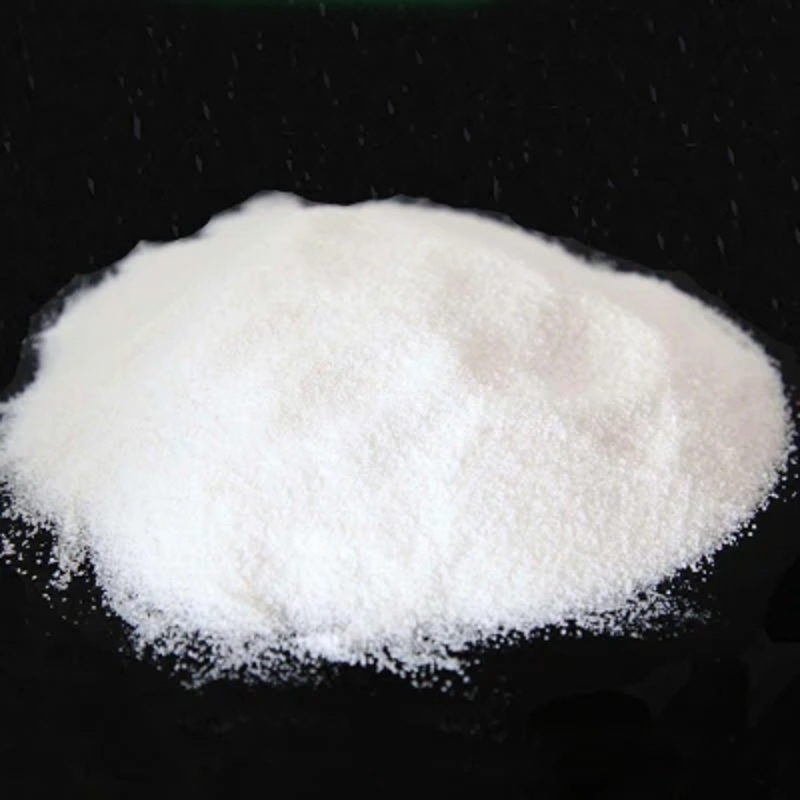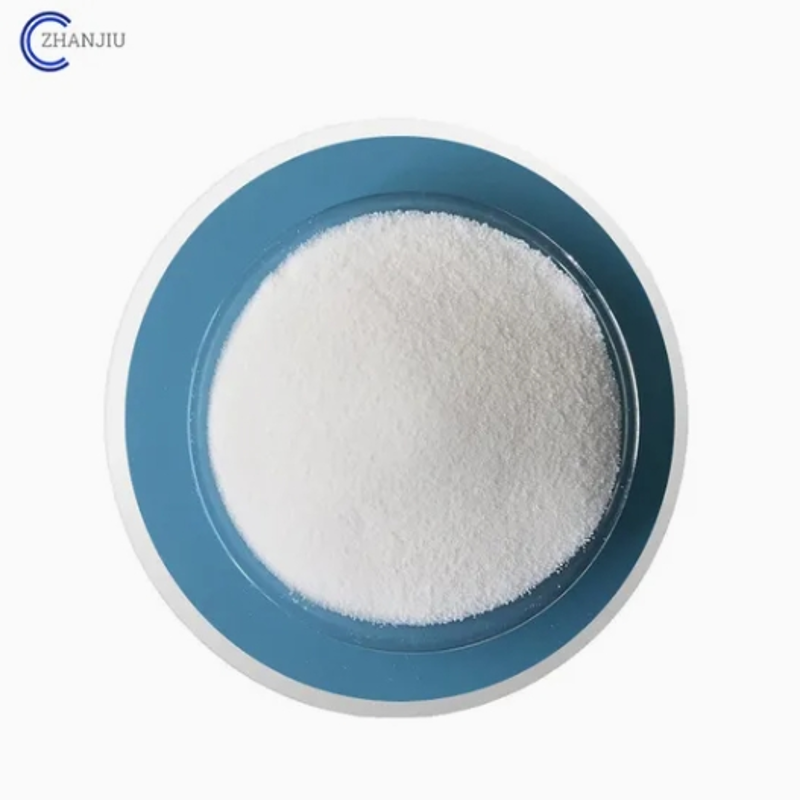-
Categories
-
Pharmaceutical Intermediates
-
Active Pharmaceutical Ingredients
-
Food Additives
- Industrial Coatings
- Agrochemicals
- Dyes and Pigments
- Surfactant
- Flavors and Fragrances
- Chemical Reagents
- Catalyst and Auxiliary
- Natural Products
- Inorganic Chemistry
-
Organic Chemistry
-
Biochemical Engineering
- Analytical Chemistry
-
Cosmetic Ingredient
- Water Treatment Chemical
-
Pharmaceutical Intermediates
Promotion
ECHEMI Mall
Wholesale
Weekly Price
Exhibition
News
-
Trade Service
Thailand's rice exports in the first 10 months of this year were 6203270 tons, up 33% year-on-year, and worth about 109.
3 billion baht, up 32.
4%
from the same period last year, according to Thai headlines on December 4.
According to the Thai Rice Exporters Association, the main countries and regions that import rice from Thailand are: Iraq, South Africa, the United States, Chinese mainland, Benin, Japan, Senegal, Angola, Yemen, the Philippines, Mozambique, Hong Kong and Canada
.
In addition, there will be continued import demand during Christmas, New Year and Spring Festival, so it is expected that Taimi exports will reach the target
of 7.
5 million tons this year.
Prime Minister Prayuth believes that the increase in demand for rice from Thailand's trading partners is positive for Thai rice, both in terms of market support and prices, and some rice does not need to pay subsidies
for the time being because the reference price is higher than the target price.
3 billion baht, up 32.
4%
from the same period last year, according to Thai headlines on December 4.
According to the Thai Rice Exporters Association, the main countries and regions that import rice from Thailand are: Iraq, South Africa, the United States, Chinese mainland, Benin, Japan, Senegal, Angola, Yemen, the Philippines, Mozambique, Hong Kong and Canada
.
In addition, there will be continued import demand during Christmas, New Year and Spring Festival, so it is expected that Taimi exports will reach the target
of 7.
5 million tons this year.
Prime Minister Prayuth believes that the increase in demand for rice from Thailand's trading partners is positive for Thai rice, both in terms of market support and prices, and some rice does not need to pay subsidies
for the time being because the reference price is higher than the target price.







